Health
How Digital Marketing Supports Patient Education & Awareness in UK
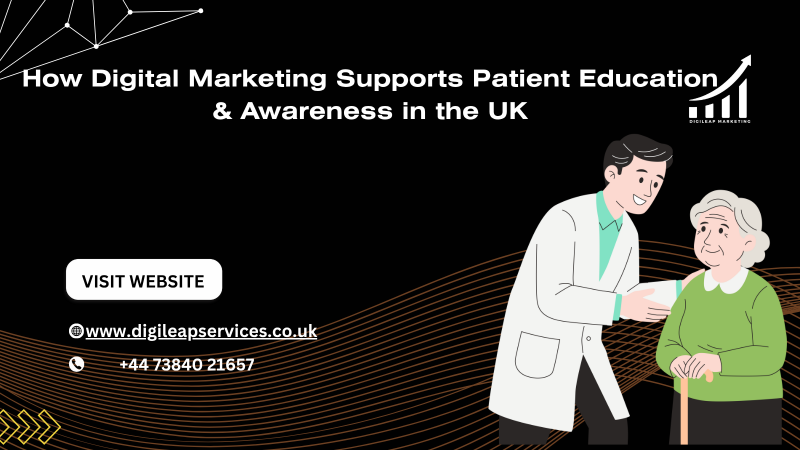
When it comes to helping patients understand their health, digital marketing support is doing something amazing in 2025. It’s not just about posting clinic updates anymore—it’s about teaching, connecting, and building trust. Across the UK, more healthcare brands are using smart content, short-form videos, and even AR demos to reach people where they spend the most time—online.
And here’s the deal—when you mix strategy with empathy, education becomes powerful. According to Statista, nearly 64% of the global population uses social media regularly. That’s a lot of scrolling—and a massive chance to make healthcare less intimidating. Digital marketing agencies in the UK are helping clinics and hospitals translate complex topics into simple, human-friendly stories that patients care about.
1. How digital marketing supports awareness
1.1 Meet patients where they already are
Let’s be honest—no one’s flipping through pamphlets anymore. Patients open TikTok, Google, or Instagram when worried about a symptom. Smart clinics show up there with short, helpful videos or carousels of texts explaining conditions, symptoms, and treatments. When content shows empathy first, patients pay attention.
1.2 Educate through stories, not jargon
People don’t want textbook answers; they want real talk. Using blogs, reels, and podcasts that sound conversational (not corporate) helps explain medical facts in relatable ways. Research shows that digital platforms significantly improve health literacy when used consistently (PMC Study).
1.3 Earn trust through value
If you give value before expecting anything back—like sharing “5 warning signs you shouldn’t ignore” — patients begin to trust you. That trust turns into bookings later. In a crowded UK market, clinics that teach instead of sell stand out fast.
2025 Trend Check
This year, AI-driven personalization is everywhere. Tools can tailor health messages based on age, interest, or previous website visits. Interactive video and shoppable clips are growing fast too—Statista reports that short-form video use in marketing jumped over 25 % year-on-year (HubSpot Stats). Some clinics even use AR to show a “virtual procedure walkthrough,” helping patients visualize outcomes. That’s education done smartly.
2. How to Use Digital Marketing Support for Patient Education
2.1 Closing the health-literacy gap
Millions of people in the UK still struggle to understand medical terms or directions. That’s where online explainers—videos, infographics, and blogs—come in. Patients make better decisions when your digital marketing support strategy focuses on clarity.
2.2 Adapting to modern research habits
Here’s a quick truth: around 77% of patients research healthcare providers online before booking appointments (ProfileTree). If your practice doesn’t show up online with educational, clear, and engaging content, you’ll get overlooked—even if your services are top-notch.
2.3 Supporting national awareness campaigns
You don’t have to reinvent the wheel. The NHS already runs incredible awareness campaigns and provides free toolkits (NHS Digital Toolkit). Local clinics can amplify those messages with digital content, turning national health pushes into local impact stories.
2025 Trend Check
People are tuning out traditional ads. Instead of shouting louder, clinics are learning to listen more. Educational, conversational content builds long-term engagement. A good digital marketing support strategy creates dialogue, not noise.
Real Stat Alert
The UK’s digital health market hit roughly $4 billion in 2023 and is set to grow by 9% annually through 2027 (Market US Report). That growth isn’t just about tech—it’s about people craving trusted, digital-first health education.
3. Turning strategy into smarter education
3.1 Start with what patients actually ask
Instead of guessing what to post, ask your team: What questions do patients ask daily? Then create content around those. A simple “What’s the safest way to whiten teeth?” video can outperform ten generic ads.
3.2 Use formats people love
Not everyone likes reading paragraphs. Some prefer short videos; others love visual explainers. A 2025 HubSpot study notes that video remains the top-performing content type for engagement. Use a mix—stories, polls, infographics, and short clips—all optimized for mobile.
3.3 Localise & personalise
Add local SEO so patients nearby can find you: “physio clinic Manchester” or “dentist Oxford.” On social platforms, try location tags, Q&A sessions, or testimonial reels from real patients. That human touch keeps your brand grounded.
3.4 Leverage AI tools—responsibly
AI chatbots can now guide patients through FAQs or appointment steps. Just make sure everything complies with privacy regulations. Imagine a chatbot that says, “Hi Sarah, based on your previous visit, here’s a 2-minute video about aftercare.” That’s personalized education at scale.
3.5 Measure what matters
Track engagement beyond clicks—like how many people watched your full video or shared your article. According to Woya UK, clinics that prioritize educational metrics see higher patient loyalty and stronger brand perception.
3.6 Collaborate for credibility
Partnering with local health bodies, wellness brands, or influencers gives your content more authority. When audiences see trusted names backing your message, education feels real, not promotional.
Bonus Trend—Interactive Micro-Content
From AR filters showing “before/after posture correction” to quick quizzes (“Could you be low on vitamin D?”), small, playful tools grab attention while educating. They make learning less of a lecture and more of an experience.
The Human Side of Digital Marketing Support
At the end of the day, people don’t just want treatments—they want understanding. When your clinic shares clear, caring, and credible content, patients feel seen, not sold to. That’s the heart of digital marketing support in healthcare: it builds real connections, clears confusion, and reminds patients that good information is the first step toward better health.
Conclusion
So, if you think about it, digital marketing support isn’t just another clinic promotion tactic—it’s a bridge between care and understanding. It lets practitioners talk with patients, not at them. From hyper-personalized content to immersive AR and short-form video, the shift in 2025 is clear: healthcare brands that educate will always stay relevant.
If you’re looking to design a strategy that feels more human and truly connects, the team at Digileap Services UK can help you get there—from content planning to data-driven execution, all built around real patient impact.
TL;DR Summary
In 2025, digital marketing support empowers UK healthcare providers to boost patient education through relatable content, short videos, and smart personalization. When clinics teach, patients trust. And when trust grows, awareness naturally follows.
Source:
Click for the: Full Story
You might like



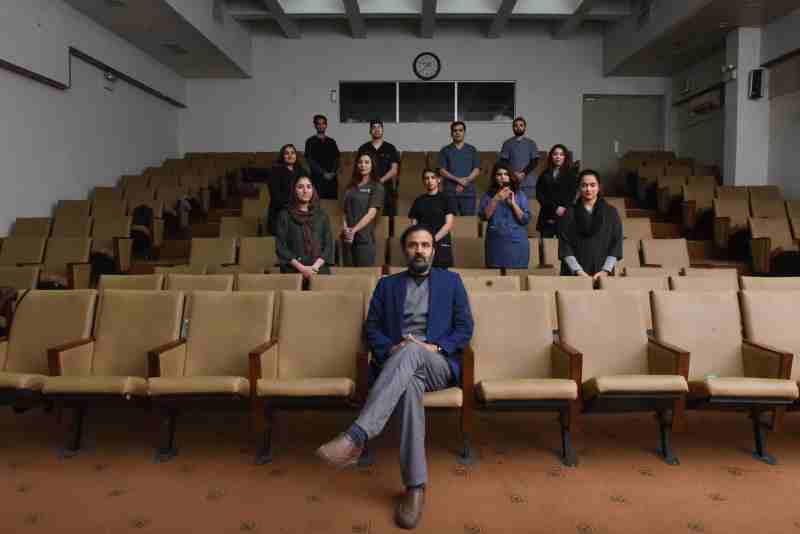


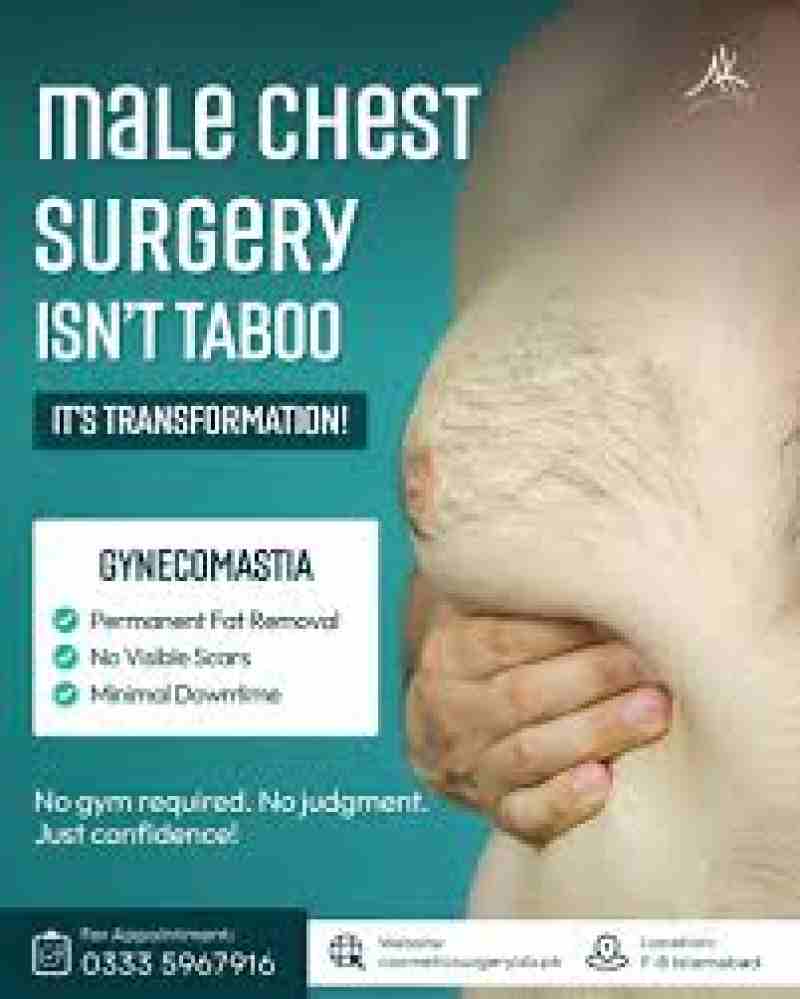
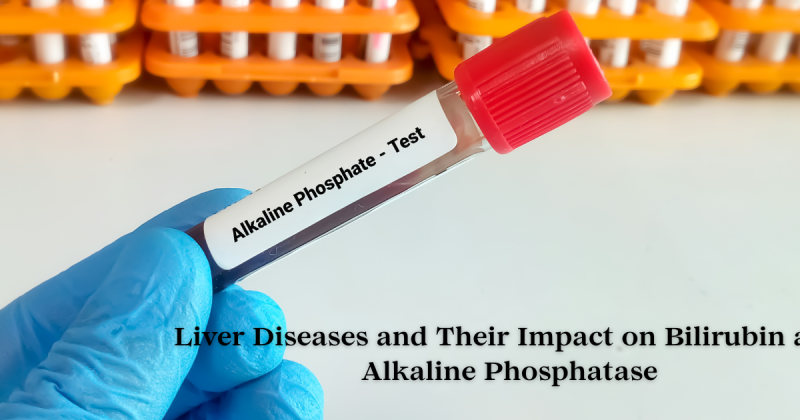
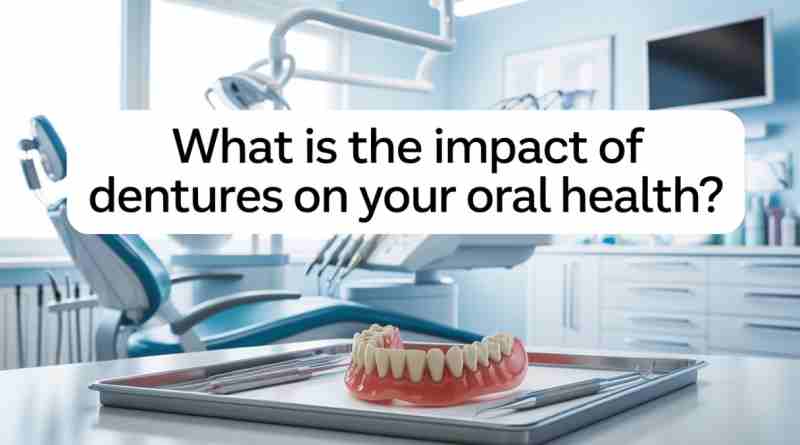




 Close Menu
Close Menu